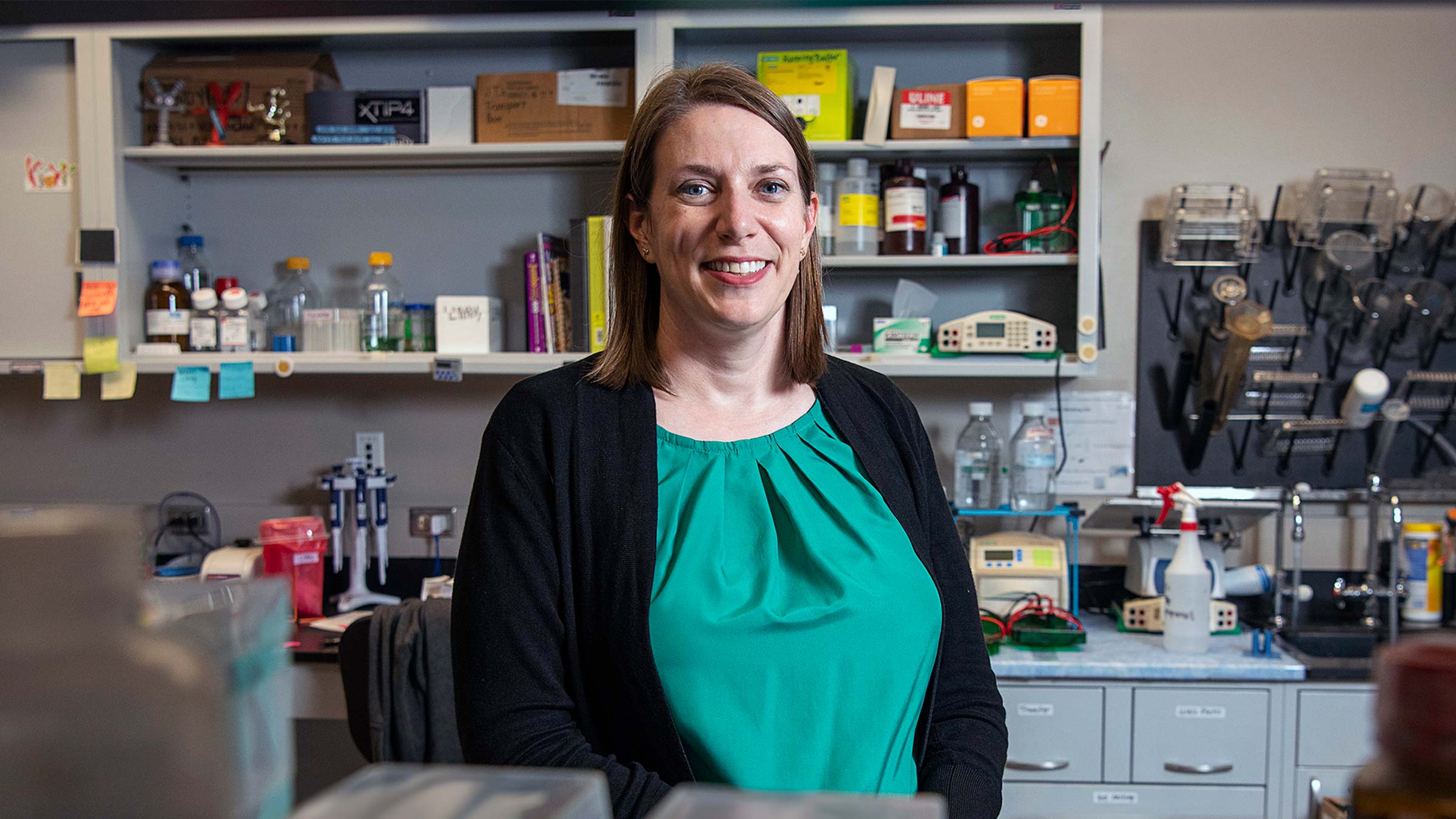
- Question What is chronic lymphocytic leukemia (CLL)?
-
Answer
CLL is a cancer involving a type of white blood cell called a B lymphocyte, and it affects the blood, bone marrow and lymph nodes.
- Question What are the symptoms of CLL?
-
Answer
CLL can cause a variety of symptoms, so it’s important to discuss with your CLL doctor any symptoms you’re having. It can cause symptoms such as fatigue, night sweats, weight loss, increased size of lymph nodes that may be uncomfortable, and increased size of the spleen, which can cause difficulty eating. It can also lead to anemia (low red blood cell count) or low platelets, which can cause fatigue, bleeding and bruising.
- Question What is the life expectancy of someone with CLL?
-
Answer
Most patients with CLL will survive for many years, and some will actually go their entire lives without needing treatment. The average time to needing therapy and for survival is very heavily determined by the genetics of the disease, which is why it’s important to have prognostic testing performed on the blood.
- Question How does CLL affect the body?
-
Answer
CLL can cause many different symptoms when the leukemia cells build up in the blood, lymph nodes and bone marrow. Once a patient develops symptoms of the disease, it’s time to start therapy.
- Question How is CLL treated?
-
Answer
Because CLL is a complex disease, clinicians at The Ohio State University Comprehensive Cancer Center – Arthur G. James Cancer Hospital and Richard J. Solove Research Institute (OSUCCC – James) utilize a multidisciplinary team approach to devise the most effective treatments based on the genetic nature of each patient’s cancer.
Treatment may include watchful waiting (for patients with slow-growing CLL who have few symptoms); targeted therapies that attack CLL cells while sparing normal cells; and immunotherapy, in which substances made by the body or in a lab are used to direct, restore or boost the body’s natural defenses against CLL. In recent years, OSUCCC – James researchers and clinicians have played major roles in developing targeted therapies and immunotherapies for patients with CLL.
- Question Is CLL curable?
-
Answer
Some patients with CLL can be cured by chemotherapy or a stem cell transplant. Most patients, even though they are not cured, will be able to live with an excellent quality of life for many years with our currently available therapies. As well, many clinical trials are available at the OSUCCC – James to help patients live as long as possible with well-tolerated therapies.
- Question How is Ohio State advancing care for CLL?
-
Answer
Researchers and clinicians at the OSUCCC – James are among global leaders in finding the causes of CLL and better ways to treat it. Supported by several large collaborative or network research grants, our Leukemia Research Program and our Experimental Hematology Laboratory contain scientists with expertise in molecular biology, genomic and gene editing, molecular pharmacology, immunopharmacology, preclinical models of blood cancers, comparative oncology, pharmacodynamic studies, and clinical trial design and implementation.
Our clinical trials offer some of the latest and most sophisticated treatments available anywhere, some of which involve agents that were developed largely through research at Ohio State.

Accurate, early cancer diagnosis matters
The James Cancer Diagnostic Center gives patients direct, expedited access to diagnostic testing and consultation with Ohio State cancer experts.
Schedule an appointment today




